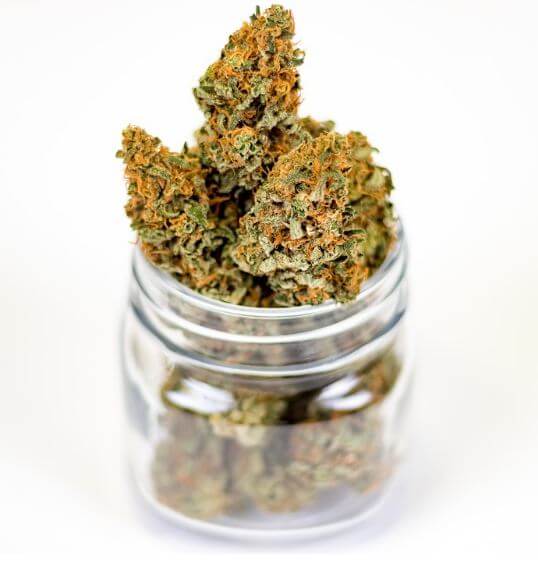Introduction
The debate over legalizing weed commerce for revenue building is again a current topic for debate. After covid 19 and the selection of Joe Biden as the new president, the debate is back again demanding amendments in law. Weed, popularly known as marijuana is a combination of dried green herbs/leaves/flowers. This common Cannabis Sativa or Cannabis Indica flowering plant is known for its medicinal and psychoactive purposes.
Legalizing Marijuana
Previous Rulings
Anslinger, as Commissioner of the USA’s Federal Bureau of Narcotics in the 1930s, pioneered the racist war on drugs. His statement about marijuana: “scourge on society, ruining the moral fabric of America, and decreasing Americans’ capacity for gainful employment,” initiated prohibition law.
The war against the marijuana drug initiated and manifested in the UN’s 1961 Single Convention on Narcotic Drugs, a document that had a deep impact on drug policies throughout the world. The law classified cannabis as a Schedule IV substance, a category reserved for life-threatening drugs like heroin.
Contemporary Amendments
However, after the US elections of November were dominated by Joe Biden, supporting movements across the partisan lines for marijuana legalization started. Consequently, many states’ drug laws were reformed. Moreover, the UN 1961 Single Convention on Narcotic Drug’s reclassification of cannabis from Schedule IV substance to a loosely regulated Schedule I substance is a major step toward the legalization of weed. Nevertheless, this movement is not only a correction of the flawed statement given by the commissioner, but a legal step influenced by cannabis’s great commercial potential. The vibrant and wide global market for recreational, pharmacist, and industrial cannabis products, projected to be worth almost $90 billion by 2027, has been a key catalyst for change.
China’s Market Of Cannabis
Given the large commercial scope of weed, China is a step ahead in Marijuana marketing. However, besides these commercial markets, the Chinese government remains careful of its narcotic properties – making strict rules and penalties on their violation. Along with these are prohibitions of high -THC cannabis and narcotics use.
Other than these restrictions, China values the medicinal and industrial benefits of these drugs. Its manifestations include permission of licensed cultivation of hemp in 2014 in Yunnan province. Furthermore, in 2017, the Heilongjiang province followed suit, and in one year harvested nearly 1/3rd of what European and Canadian fields produced combined.
Should India Legalize Weed?
Unlike China, India voted for the reclassification of cannabis in the UN, last month. While domestic laws remain the same, this step can be a stimulating factor for Marijuana commercial use. Amid pandemic when both center and states are out of revenue, the tax levied on weed products can help collect revenue. According to the estimation of ABCD’s research, tax from recreational cannabis alone (if levied at the same rate as cigarettes) would earn $31.45 million in revenue from Delhi in 2018, and $27.78 million from Mumbai.
India’s history with the cannabis plant is also unique. Commonly used in the subcontinent for millennia, it was only outlawed in 1985 by the Narcotic Drugs and Psychotropic Substances Act, following from the 1961 UN Single Convention. Although recreational cannabis consumption is illegal, it is widespread in India. According to a 2018 study by the German firm ABCD, “New Delhi and Mumbai were the 3rd and the 6th highest consumers of recreational cannabis in the world, respectively”. A 2019 AIIMS study corroborated these estimates, reporting that 2.8% of Indians (3.1 crore people) consumed marijuana products in the previous year. Incidentally, less than 10% of users suffered from harmful dependent consumption, as compared to 20% for alcohol.
Analysis
Indeed, India needs to legalize Marijuana, especially, with respect to its wide economic potential. A developing country cannot afford to set back when the world is advancing at a high pace. Moreover, to fulfill the criteria of the balance of power with India’s neighbors like China. India has to cope up with the new market demands. This opportunity of legalizing weed isn’t India’s alone. Other countries abundant in this weed can also take advantage of the UN’s reclassification and new opportunities in this field. A developing country cannot afford to set back when the world is advancing at a high pace. Moreover, to fulfill the criteria of the balance of power with India’s neighbors like China. India has to cope up with the new market demands.







